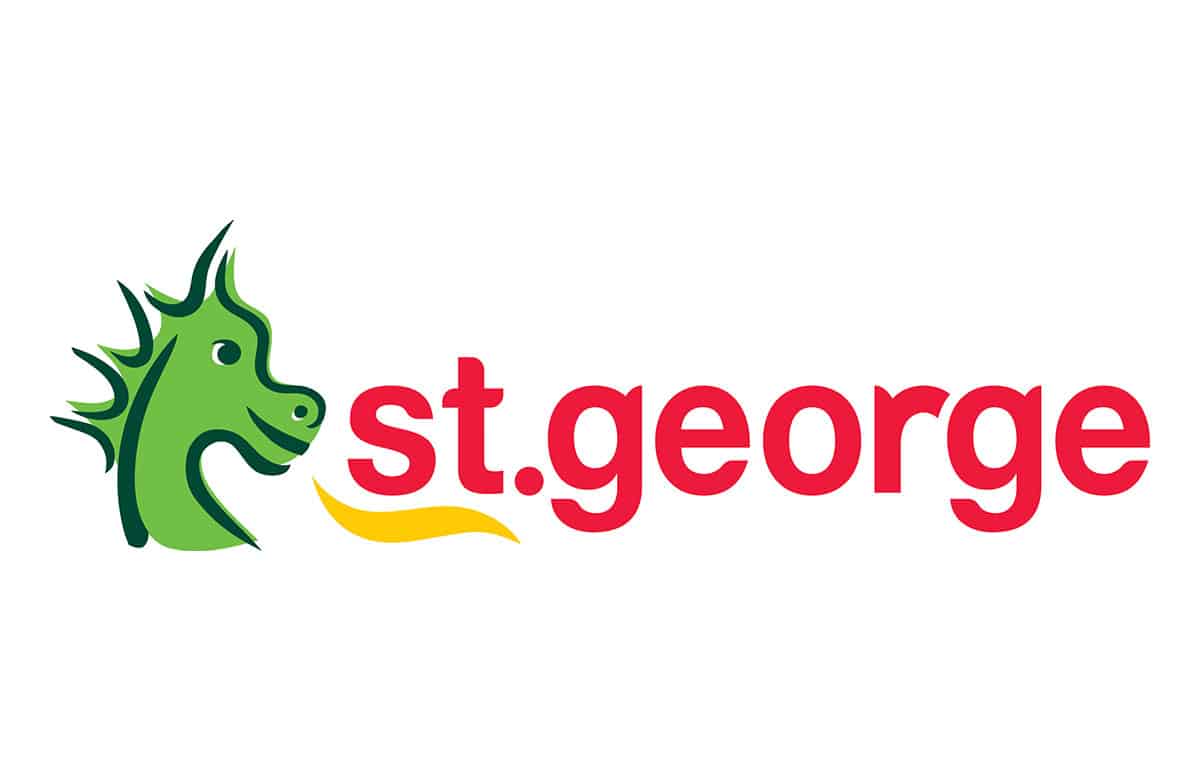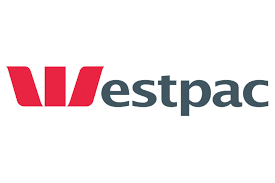The features you should compare with self-managed super fund (SMSF) bank accounts will depend on what you need your account for and what your priorities are. For SMSF accounts, the features to consider include:
Will the account allow access by multiple fund members so everyone can easily access it and make contributions? Your financial advisor, accountant and auditor will also require access to the account, so make sure your institution’s rules and regulations allow access to the account by non-fund members.
Naturally, you’ll want to minimise the fees and charges you’ll have to pay to open and maintain your account. The best such funds offer no monthly account-keeping fees and no minimum deposit requirements for everyday transaction accounts. More expensive accounts come with account fees of between $5 and $10 per month and can charge to provide paper statements which you may need to give to your accountant or auditor. If you’re looking at depositing account funds into a professionally managed super investment fund, take careful note of the entry and exit fees and any annual fees charged, as such charges can eat into your profits and become very costly.
Read the account’s terms and conditions carefully to make sure you’ll be able to comply with any specified conditions. Are there minimum deposit requirements in order to earn additional interest? Are there specifications that you need to carry out a certain number of transactions per month to receive interest? Is there a requirement for ongoing or regular monthly deposits? Do you need to give a certain amount of notice to withdraw funds? Check what the account’s conditions are before opening your bank account.
Think about which other accounts or accounting systems your account needs to be compatible with. Can you link it to your existing credit card if necessary? Is a linked account with the same institution required? Some banks have linked Visa cards, while others use Mastercard or American Express, so check that your new account is compatible with your existing credit card. Ask your accountant or financial advisor which accounting packages they may use and check that your account can be configured to directly feed information to the systems which are already in use to make life easier.
The interest rate you’re offered on a SMSF saving account is of paramount importance. Even a small difference in the interest rate can mean the difference of thousands, if not tens of thousands of dollars. For example, $200,000 invested at 2% p.a. would earn $44,240 in ten years. If the interest rate were 2.8% p.a., though, the interest earned over the same period would be $64,540.
However, even though transaction accounts don’t usually earn interest (as that isn’t their main purpose), there are SMSF accounts which can be thought of as hybrid savings and transaction accounts. Such accounts are designed to make everyday transactions easy, but they also pay interest on the fund balance. If your SMSF transaction account is rarely used in a year, consider one of these hybrid accounts so you can earn even a small amount of interest on the funds sitting in this account.













